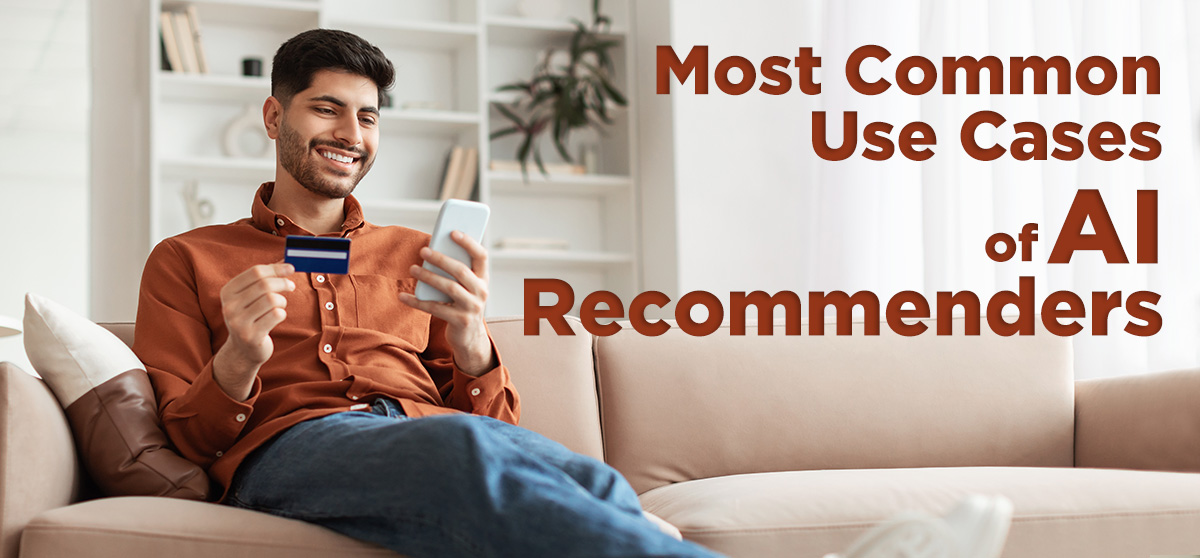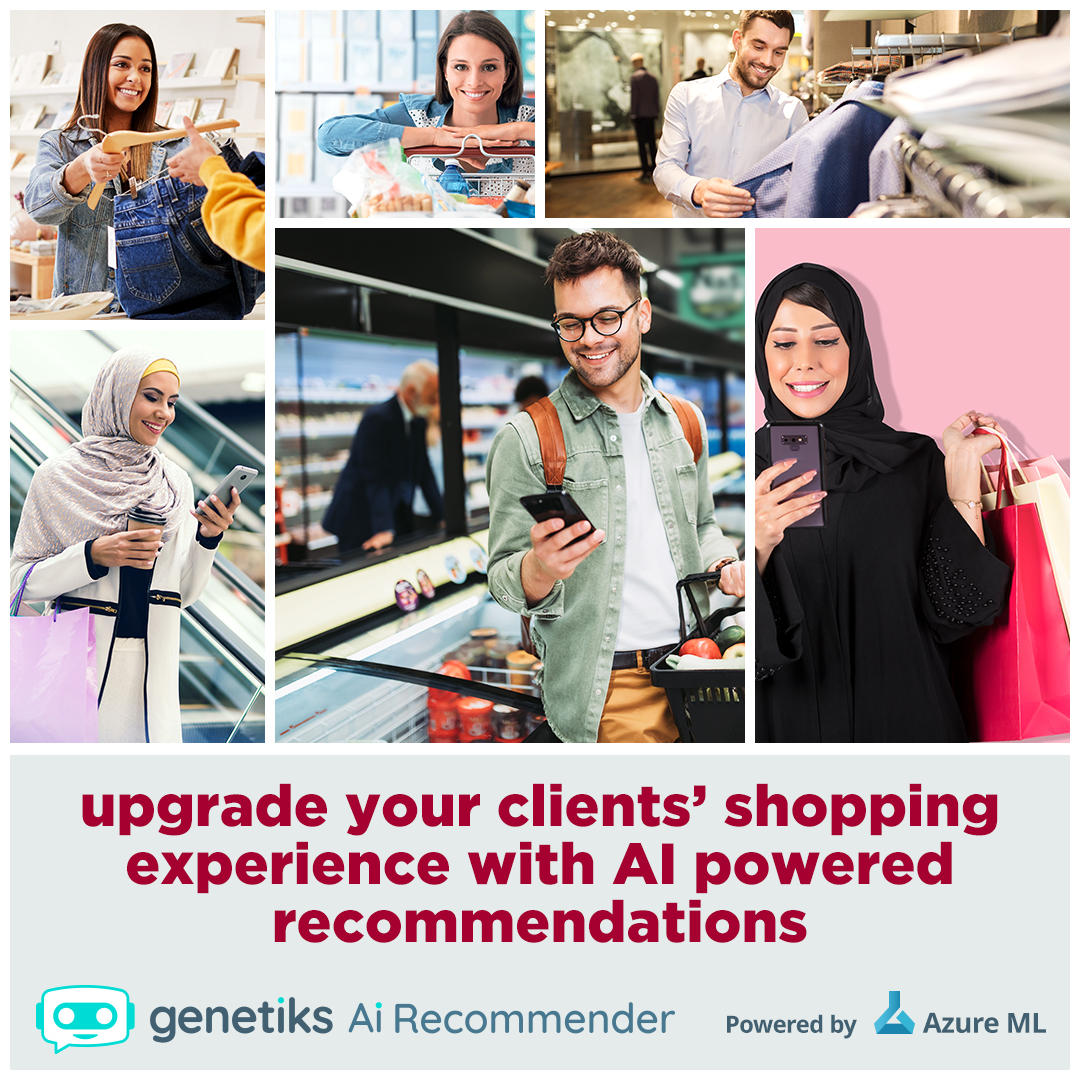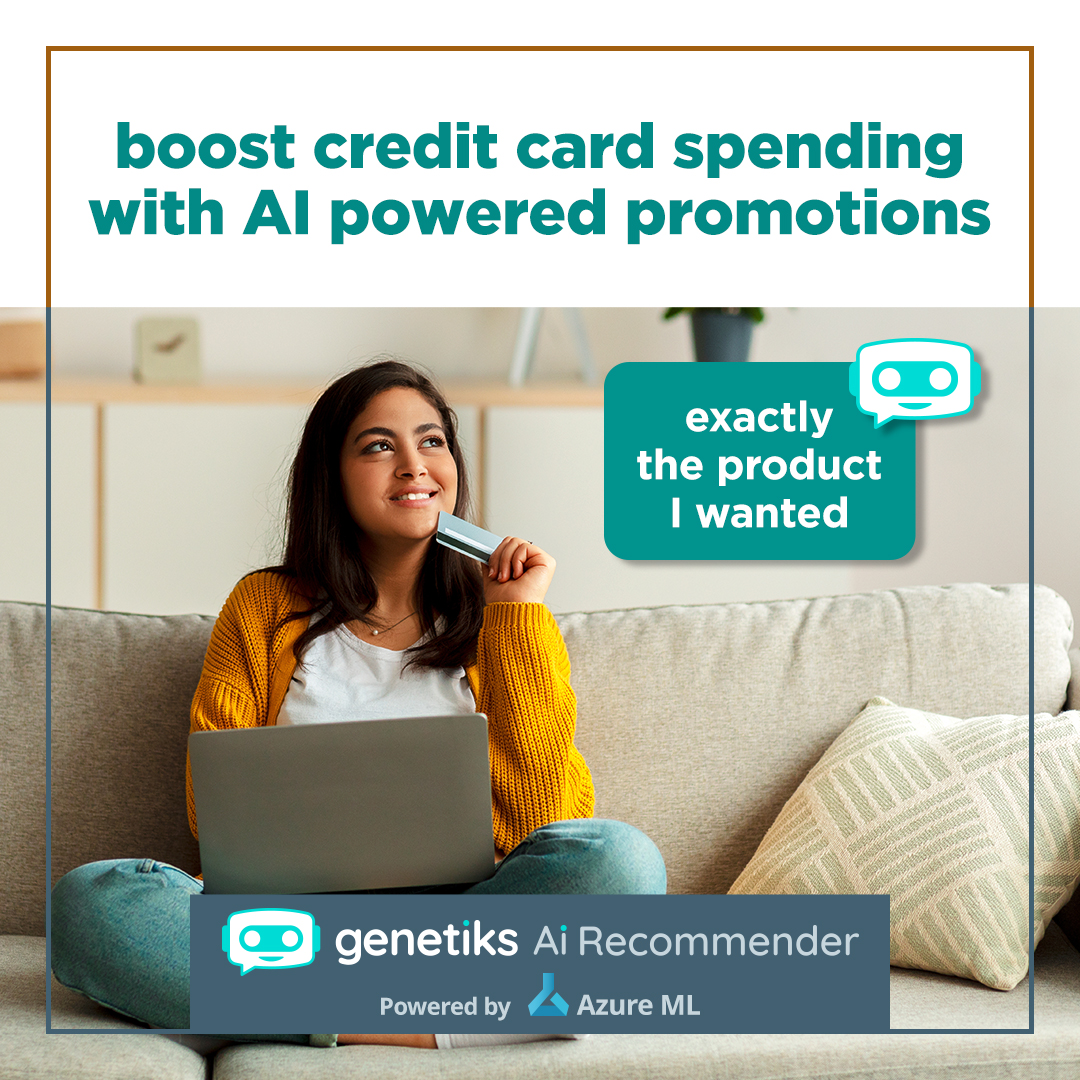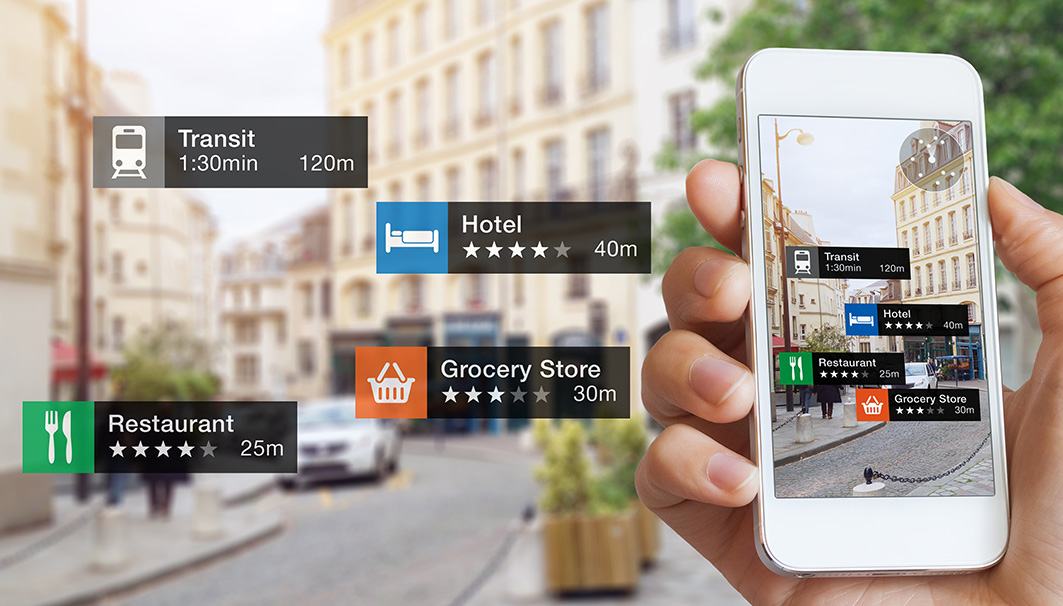
In recent years, the use of recommendation systems has become ubiquitous in various fields, and it is changing the way people make decisions. This phenomenon is especially evident in consumer-facing industries, where recommendation engines are becoming increasingly essential for companies to keep up with rising client expectations, handle information overload, and reduce costs. Through the use of artificial intelligence (AI) and machine learning, these systems analyze vast amounts of data to provide personalized recommendations to customers.
In case you didn't read our previous article about all the Benefits of AI Recommenders, you can do so here.
In this article, we will explore the most common uses of AI Recommenders with real-life examples, and how they serve as a tool to enhance the client experience while maximizing the efficiency of advisors.
1. eCommerce
Amazon has been a pioneer in utilizing artificial intelligence (AI) techniques to recommend products to its customers. In fact, according to McKinsey, 35% of what consumers purchase on Amazon comes from product recommendations. Amazon introduced its recommendation engine back in 2012, making use of item-item collaborative filtering to suggest products to buyers. This resulted in a 29% uplift in sales compared to the previous quarter.
Amazon's recommendation system is designed to intuitively understand and predict customer interests and behaviors. It aims to drive purchases, boost engagement, increase cart volume, up-sell and cross-sell, and prevent cart abandonment. The "Frequently Bought Together" feature of Amazon.com makes surprising recommendations that are similar to what users already like. This feature, along with other AI-based algorithms like "Complete the look" and "You might also like", also used in many other e-commerce platforms like Walmart and Target, is used to keep customers coming back to the site.

Other large e-commerce companies, such as Alibaba, have also been using AI techniques for recommendation systems, including collaborative filtering, neural networks, and deep learning to suggest products to consumers. Amazon has even used deep learning to decrease its operating costs through its Amazon Go division, which uses sensors and image recognition software to make shopping faster and more convenient for consumers. This division reportedly made over $1 billion in sales in its first year.
As e-commerce continues to grow, we can expect to see even more AI-based recommendation systems in use by companies looking to boost sales and customer engagement.
35% of what consumers purchase on Amazon comes from product recommendations *
*McKinsey
2. Media & Entertainment
According to McKinsey, a whopping 75% of what consumers watch on Netflix comes from product recommendations. Netflix's recommendation engine is at the core of its user experience. By using an AI-based algorithm, Netflix is able to analyze an individual’s viewing behavior and detect patterns that will help provide them with content suggestions that are most likely to match their interests.
Netflix doesn't just look at broad genres; instead, it analyzes viewers' preferences depending on the history of what Netflix members watched. Thus it presents a much narrower selection of content to its users that they are more likely to enjoy. This function saves users time and delivers a better user experience, resulting in lower cancellation rates and saving the company around a billion dollars a year. Netflix's recommendation engine strives to go beyond just idea validation based on historical data or rating prediction. Instead, it takes into consideration personalized ranking, page generation, search, image selection, messaging, and more.
By constantly tracking what users watch and how they interact with the platform, Netflix can run ongoing A/B tests and measure long-term satisfaction metrics via users' responses.
Overall, platforms like Netflix, Spotify, Prime Video, YouTube, and Disney+ have successfully normalized the role of recommendation systems in the field of media and entertainment.
The "Genius Recommendations" feature of iTunes offers surprising but similar recommendations to what users already like, which can increase user engagement and loyalty.
YouTube uses a two-stage recommender system which includes a candidate generation network that provides personalized recommendations via collaborative filtering, based on the user's activity history, demographics, and other relevant factors.
Google and Facebook actively apply content suggestions that will most likely match a user’s interests, when recommending ads. Moreover, Facebook utilizes both ‘collaborative filtering’ and ‘predictive analytics’ techniques to suggest content that is similar to what people with similar tastes have liked and interacted with, allowing users to find the most relevant content through personalized recommendations.
Instagram powers its “Instagram Explore” recommendations section with the help of AI. Instagram's customized recommended content feed is not based on filtering the entire mass of content available on the platform; rather, it is based on the session’s recommendations and interactions with similar accounts.
TikTok provides a personalized content feed called “For You” that is determined by the user's activity, such as liked and shared videos, followed accounts, and comments, and considers indicators of interest such as time watched, as well as other factors including video information, device type, and language preferences.
As of 2021, Spotify had over 345 million active users, and about 44% of them said they discovered new music through the platform's personalized playlists *
*MIDiA Research
3. Video Games and Stores
The recommender engines of gaming platforms such as Steam, Xbox, and PlayStation are highly regarded for their ability to suggest games based on a player's gaming, browsing, and purchase history. This means that a user who enjoys battle royale games like Fortnite will receive recommendations for similar games such as PUBG, Apex Legends, and CoD, rather than recommendations for MMORPGs like WoW.
4. Personalized Banking
It's quite powerful for banks to know details about their customers, including their financial situation and their past preferences supported by a large database of similar users. Banks use this privilege to offer highly personalized customer recommendations.
For example, Credit Karma, a California-based fintech startup, offers free access to credit scores and complete credit history. The company earns revenue by providing personalized recommendations on credit cards, loans, and other financial products to its users, since it owns a vast database of millions of users' credit histories and current situations. This enables the company to suggest financial products that not only match a user's interests but also have a high likelihood of being approved. By doing so, Credit Karma aims to provide long-term benefits to its users.

5. Health and Fitness
In Health & Fitness, applications can suggest customized diet plans, recipes, or workouts depending on a user’s fitness level, by capturing a user’s dietary preferences, activity levels, fitness goals, height and weight, BMI, etc.
Fitbod, an AI-powered workout planning app, recommends personalized workout plans based on user goals, fitness level, and equipment availability.
MyFitnessPal is also an AI-based nutrition tracking app that recommends personalized daily calorie and macronutrient intake based on user data and specific goals.
6. Healthcare Industry
The healthcare industry utilizes AI-driven Health Recommender Systems to deliver appropriate healthcare information to providers and patients, improving the service experience and addressing challenges such as high treatment costs and less patient engagement. These systems provide actionable insights based on personal health records, enabling informed decisions for better care and smoother operations.
For example, IBM Watson Health's Oncology Expert Advisor analyzes patient data to provide oncologists with personalized treatment recommendations.
Atomwise uses AI algorithms to screen existing drugs and identify new uses for them.
Google's DeepMind Health uses AI algorithms to analyze patient data to predict kidney failure up to 48 hours before it occurs.
These are just a few examples of how the healthcare industry is using AI recommendations to improve patient outcomes and reduce costs.
7. Location-Based Recommendations
Sephora and Starbucks use location-based recommendations to alert their customers on existing promotions and offers when they are near a physical store, while Foursquare matches users with establishments (local eateries, breweries, activity centers…) based on their location and preferences, promoting businesses and maintaining high engagement levels.

In conclusion, providing a personalized experience for users has become a necessity in the modern world. Customers appreciate feeling valued and cared for, and AI-based product recommendation systems are an effective way to achieve this. By leveraging machine learning algorithms to analyze user behavior and preferences, these systems can suggest content that users are more likely to enjoy, leading to increased engagement and loyalty.
In many industries, as we have already seen, personalized recommendations can increase customer loyalty, ultimately driving revenue growth. As AI recommendation engines continue to evolve, they are poised to become an even more powerful tool for businesses looking to enhance their customer experience and take their operations to the next level.
Don’t get left behind! Now is the time to make use of all the benefits of AI Recommendations for your business.